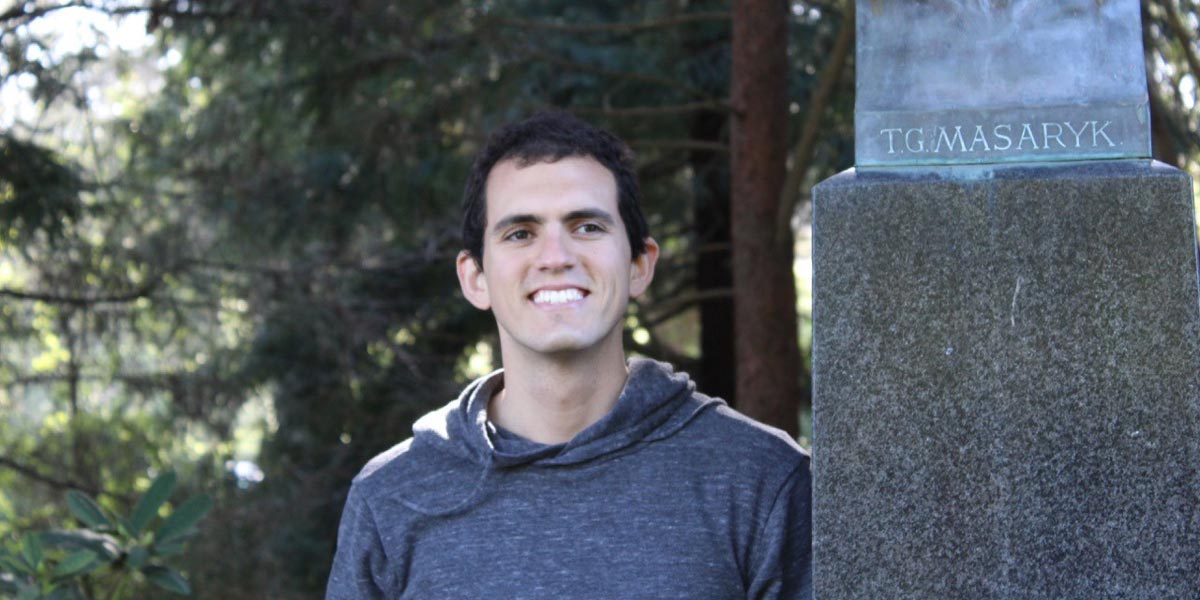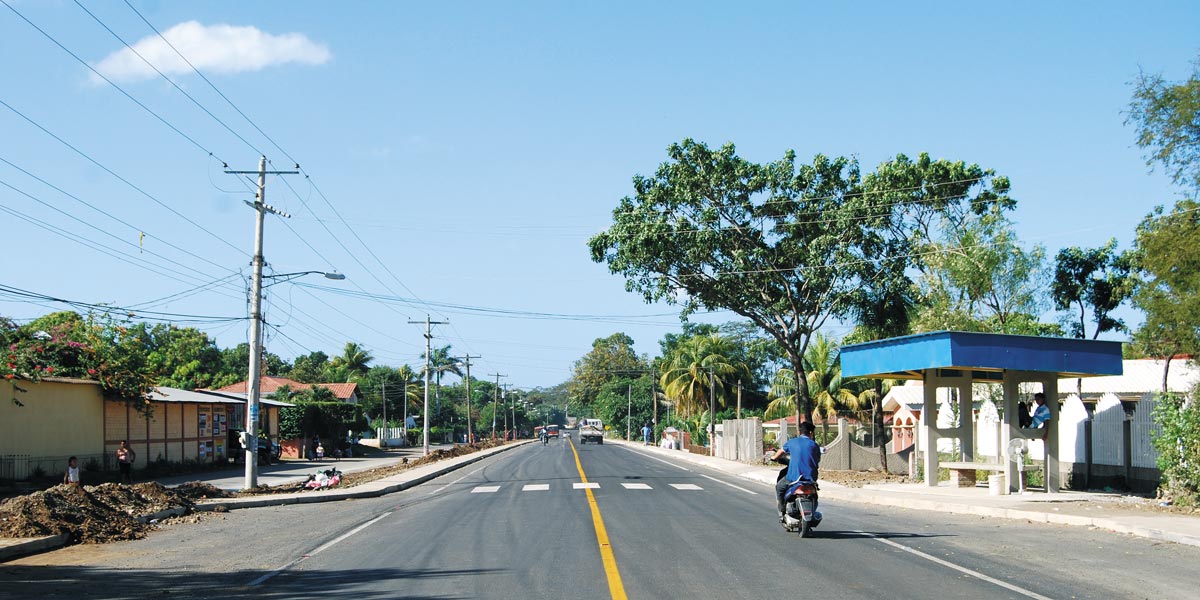Javier Parada, a doctoral student in agricultural and resource economics at the University of California, Davis, was the winner of MCC’s first Open Data Challenge. Below, Javier explains how access to MCC’s data helped to advance his research on road rehabilitation in Nicaragua. Abstracts for the second Open Data Challenge are due October 17, 2016, and MCC is pleased to announce prizes of up to $1,000 for top papers. For additional details on eligibility and how to submit your abstract and paper, visit the Open Data Challenge webpage.
Roads play a central role in rural development. Improvements in transport infrastructure enable rural populations to access new markets and benefit from new technologies. In spite of the importance of roads in rural development, little is known about the size and distribution of their benefits. To better understand who benefits from rural roads and why, I chose to study how rural road improvements impact farmers as my dissertation topic.

Javier Parada
Javier Parada, a UC Davis doctoral agricultural and resource economics student, was the winner of MCC’s 2015 Open Data Challenge.
In 2005, MCC signed a five-year, $175 million compact with the Government of Nicaragua to help reduce transportation costs, improve access to markets, and raise incomes for farmers and rural businesses. The MCC-funded Transportation Project substantially rehabilitated 42 miles of rural roads in 2008–2009. The communities surrounding the road upgrades were expected to benefit from lower food prices and cheaper consumer goods.
MCC commissioned economist Jonathan Alevy to conduct an independent impact evaluation of its road rehabilitation work. Alevy looked at the impact of the road rehabilitation by comparing store prices in rehabilitated areas to prices in non-rehabilitated ones. He found that prices for cheese and eggs declined by about 20 percent in the rehabilitated areas, but overall, he did not find a statistically significant change in the price of consumer goods between the two areas. It was extremely useful for me to compare my results to his as I did my research.

MCC
The León-Poneloya-Las Peñitas road was rehabilitated with funding from MCC as part of the $175 million Nicaragua Compact.
I wanted to better understand the impact of MCC’s investment by comparing prices in stores located in rural areas along the rehabilitated road to the prices in stores in León. I found that the price of some storable goods — cooking oil, toilet paper, matchsticks and toothpaste — that travel from urban centers to rural areas, declined relative to urban prices. And the price of one good that travels from rural areas to urban areas — fresh fish caught in the coast — increased. My findings suggest that as it gets easier and less costly to deliver consumer goods to more remote areas, we should expect the prices of these goods to drop for rural consumers. And as rural producers have easier access to urban markets where they can charge higher prices, local prices for their products should be expected to increase. In short, better roads help narrow the gap between urban and rural prices.
My research is ongoing, and there are still many questions to answer. For example, why did this road rehabilitation seem to have an impact on the price of some consumer goods but not others? I will be looking at the local market structure for answers. Manufacturers rely on intermediaries to get their goods to rural areas, and farmers rely on intermediaries to get their goods to urban areas. It will be important to see whether a single intermediary is controlling the market for certain goods and capturing all of the benefits from the improved road, and conversely, if competition among intermediaries results in greater distribution of benefits.
Better roads help narrow the gap between urban and rural prices.

